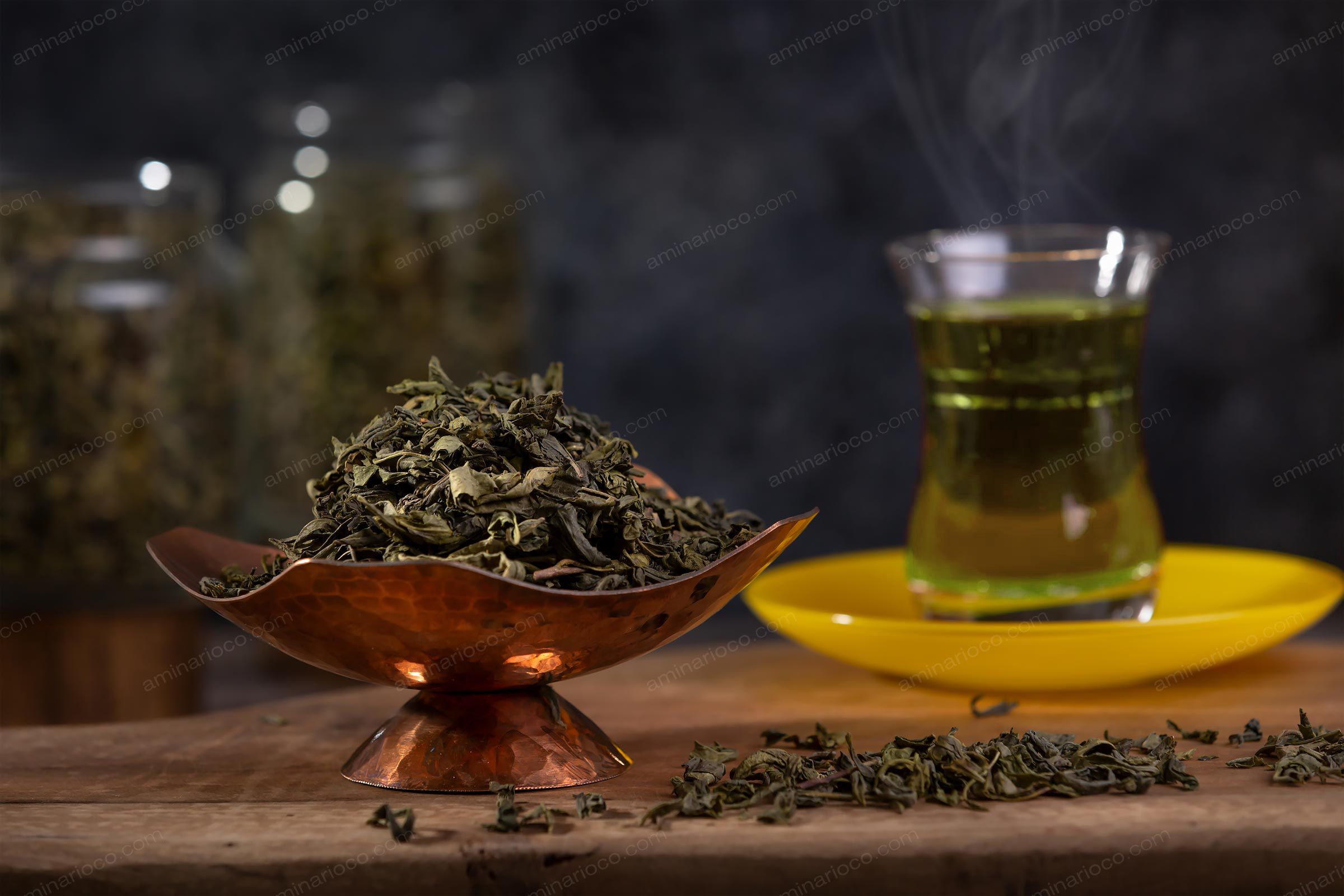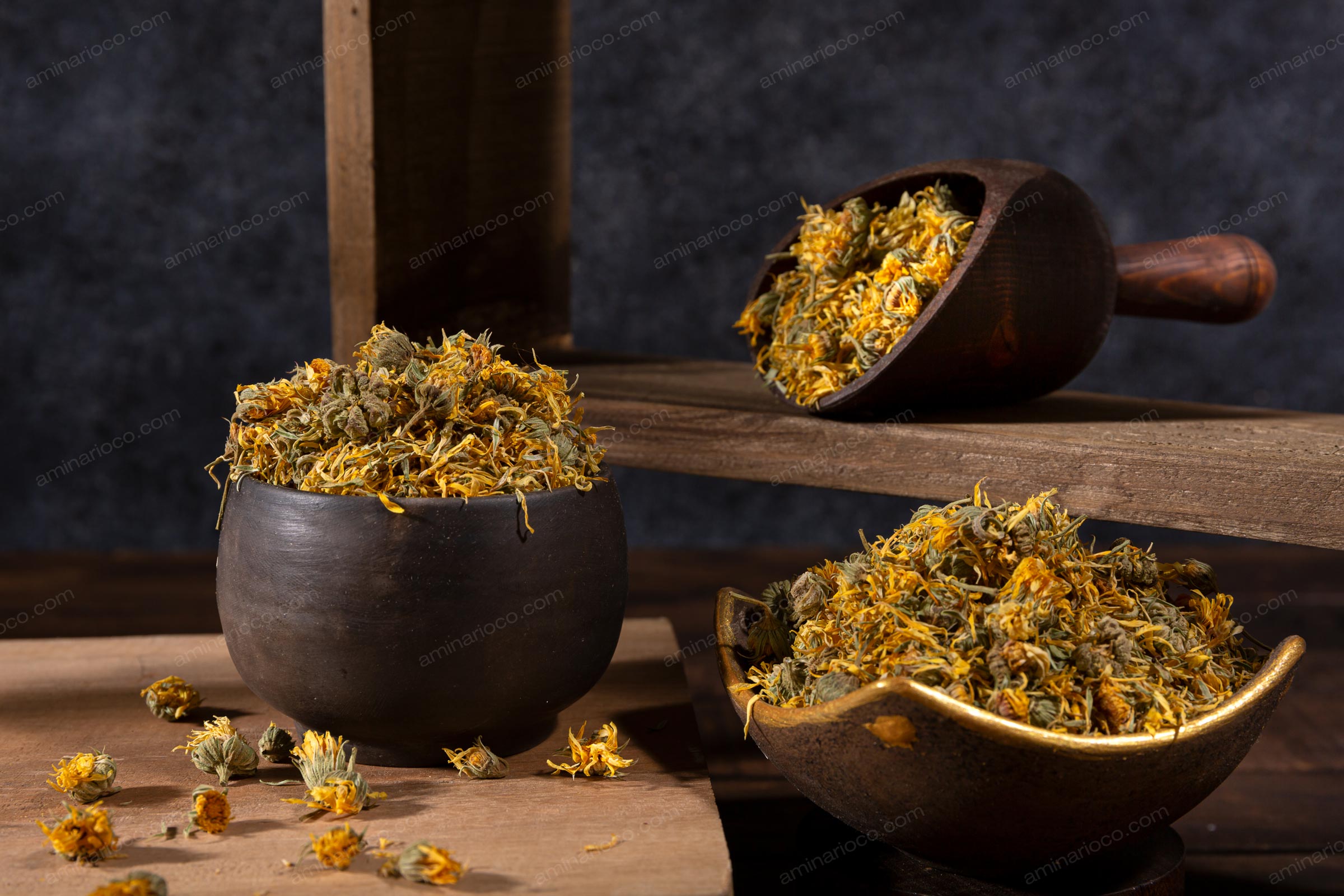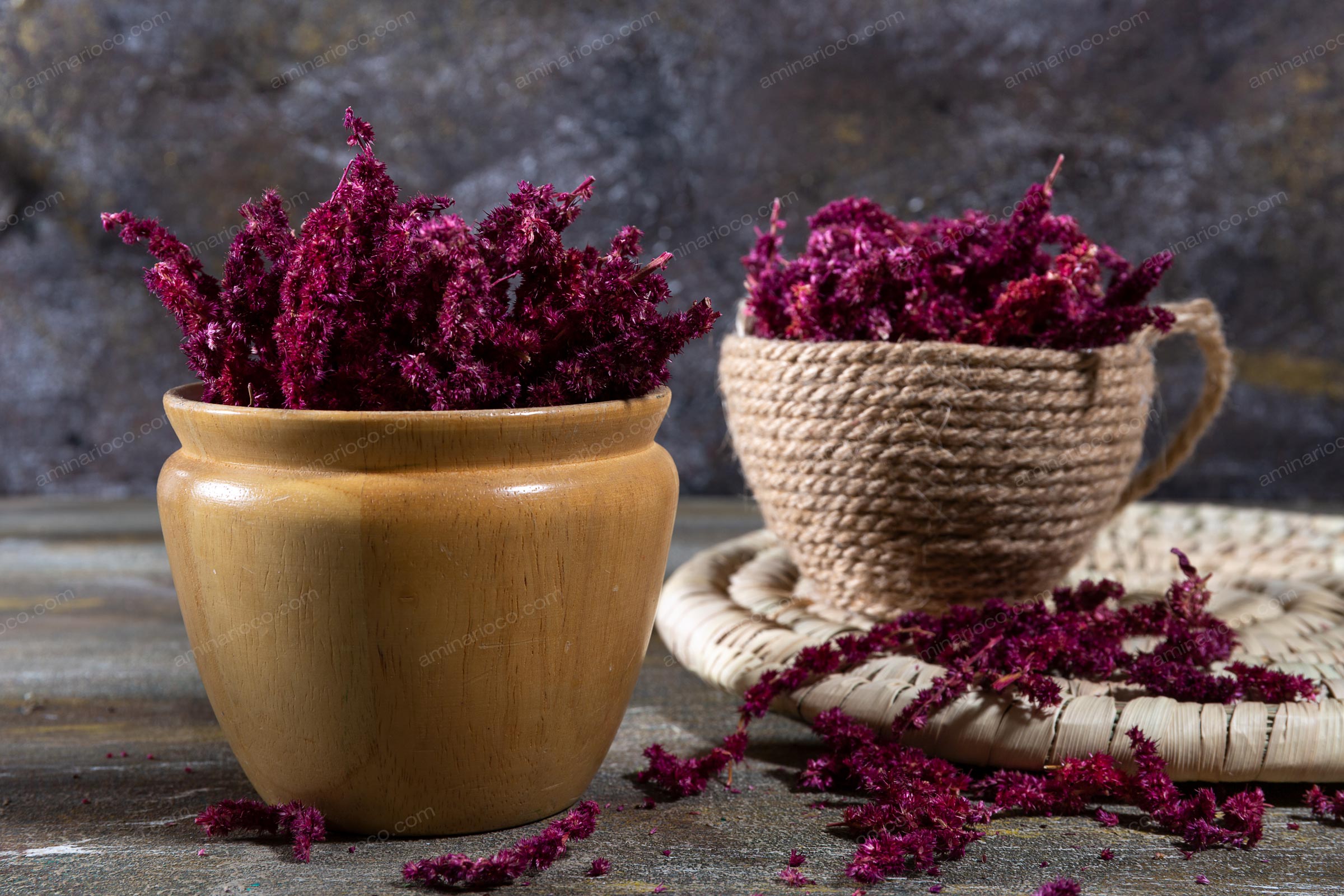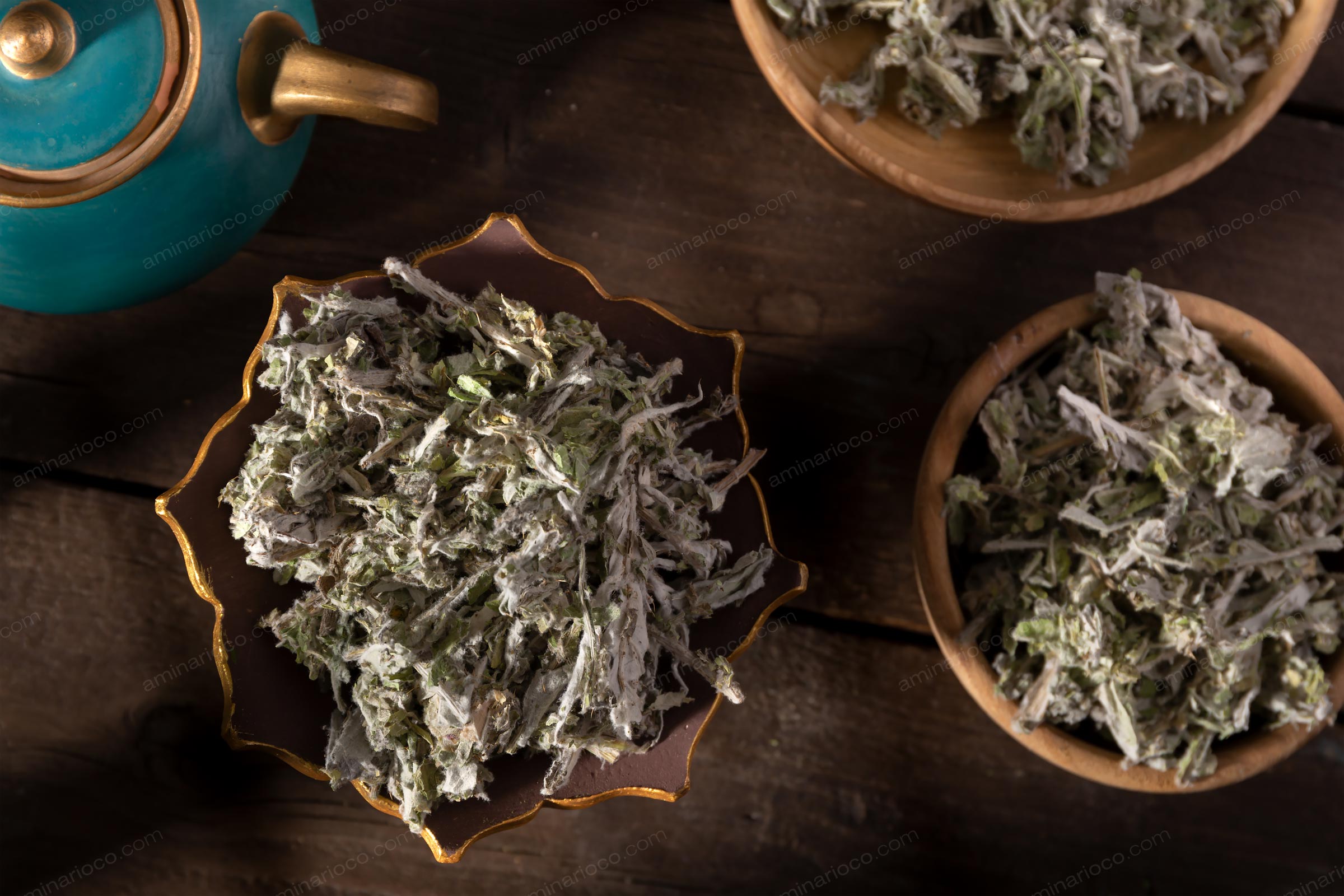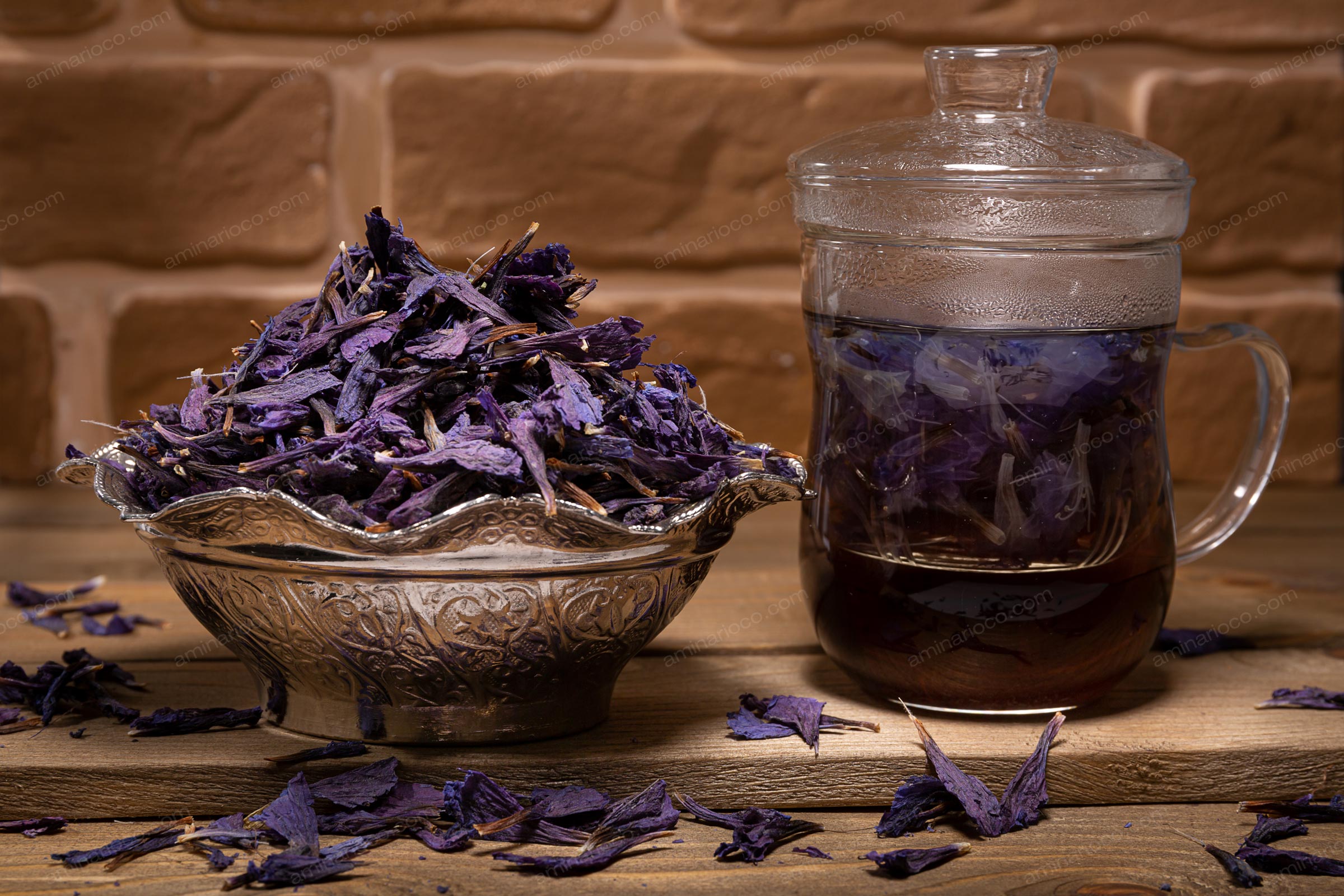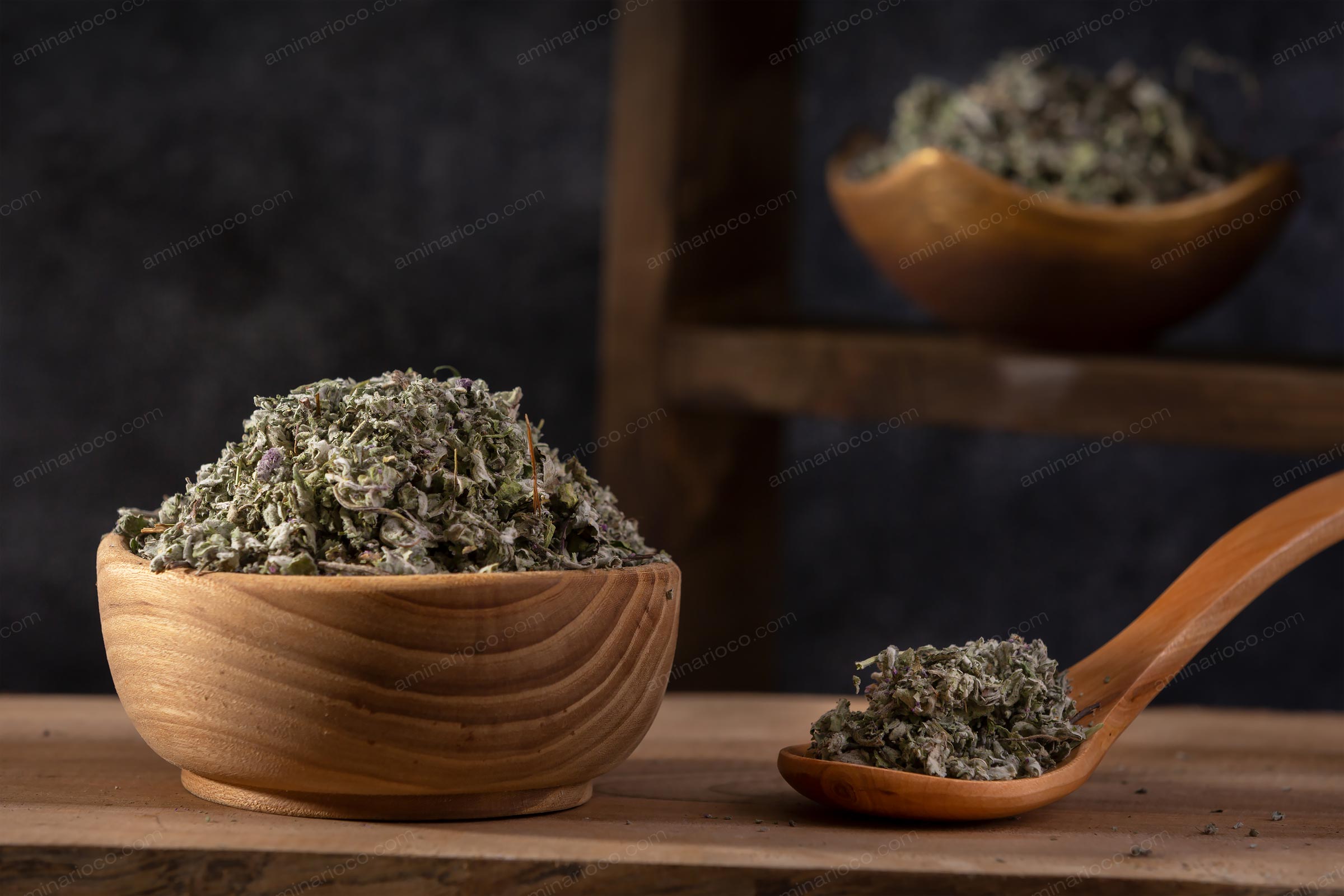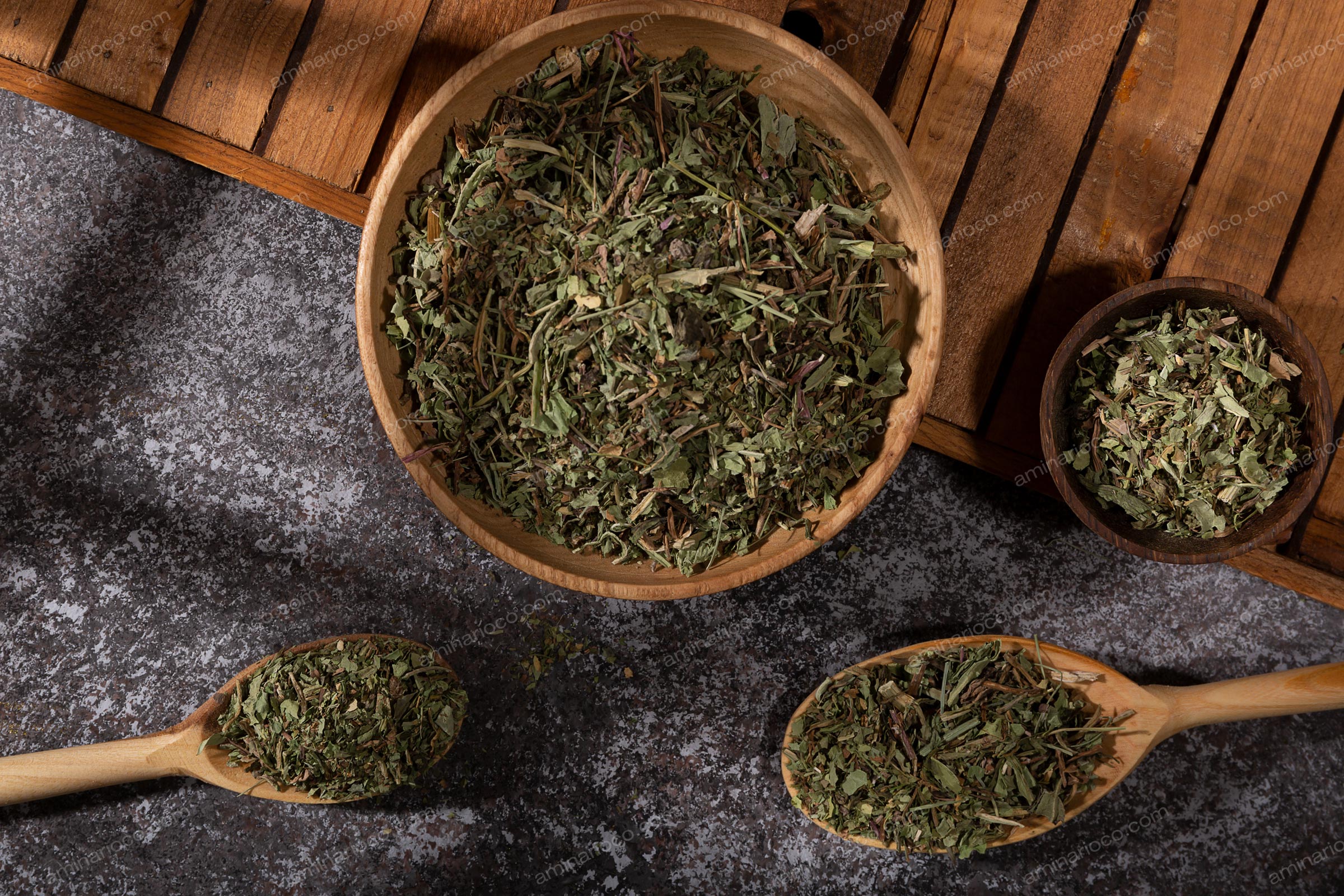Herbal teas have been around for centuries and can come in a wide range of tastes and flavors and make a tempting alternative to sugary beverages or water. In addition to being delicious, some herbal teas have health-promoting properties. In fact, herbal teas have been used as natural remedies for a variety of ailments for hundreds of years. Interestingly, modern science has begun to find evidences supporting some of the traditional uses of herbal teas, as well as some new ones. Here is a list of healthy herbal teas that we suggest you to try: Chamomile tea is most commonly known for its calming effects and is frequently used as a sleep aid. What’s more, chamomile may not just be useful as a sleep aid. It is also believed to have antibacterial, anti-inflammatory and liver-protecting effects. It may also help fight diarrhea and stomach ulcers. Peppermint tea is one of the most commonly used herbal teas in the world. While it’s most popularly used to support digestive tract health, it also has antioxidant, anticancer, antibacterial and antiviral properties. Therefore, when you experience digestive discomfort, whether it be from cramping, nausea or indigestion, peppermint tea is a great natural remedy to try. Ginger tea is a spicy and flavorful drink that packs a punch of healthy, disease-fighting antioxidants. It also helps fight inflammation and stimulates the immune system, but it’s most well known for being an effective remedy for nausea especially in early pregnancy and also nausea caused by cancer treatments. Evidence also suggests that ginger may help prevent stomach ulcers and relieve indigestion or constipation. Ginger may also help relieve dysmenorrhea, or period pain. Some studies suggest that ginger may offer health benefits for people with diabetes and can control blood sugar and blood lipid levels. Hibiscus tea is made from the colorful flowers of the hibiscus plant. It has a pink-red color and refreshing, tart flavor. It can be enjoyed hot or iced. Studies have investigated the effects of hibiscus tea on high blood lipid levels. Be sure to avoid drinking hibiscus tea if you’re taking hydrochlorothiazide, a diuretic medication, as the two may interact with each other. Hibiscus tea may also shorten the effects of aspirin, so it’s best to take them 3–4 hours apart. Sage tea is well known for its medicinal properties especially for brain health. A number of test-tube, animal and human studies have shown that sage is beneficial for cognitive function, as well as potentially effective against the effects of the plaques involved in Alzheimer’s disease, improvements in mood, mental function and memory. Sage tea appears to be a healthy choice, offering benefits for cognitive health and potentially heart and colon health. Lemon balm tea has a light, lemony flavor and seems to have health-promoting properties . Lemon balm tea improves elasticity of the arteries. Arterial stiffness is considered a risk factor for heart disease, stroke and mental decline, increases the body’s natural antioxidant enzymes. Evidences has also suggested that lemon balm may improve high blood lipid levels. Furthermore, a number of studies have shown that lemon balm improved mood and mental performance. Another small study found that lemon balm extract helped reduce stress and improve math processing skills. Finally studies found that lemon balm tea reduced the frequency of heart palpitations and anxiety. Rose hip tea is high in vitamin C and beneficial plant compounds. These plant compounds, in addition to certain fats found in rose hips, result in anti-inflammatory properties in people with rheumatoid arthritis and osteoarthritis. Rose hips may also be beneficial for weight management. It’s anti-inflammatory and antioxidant effects may also help fight skin aging. Its anti-inflammatory properties may reduce inflammation and pain associated with arthritis. Studies have also found rose hips effective at fighting aging of the skin and reducing stomach fat.


